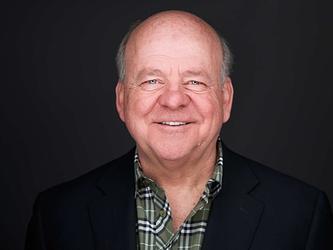TikTok political content less trusted than YouTube, Daivid research finds

The analysis looked at the impact of advertising from all the main parties vying for seats in the UK’s 4th July general election.
It found that participants were 20% less likely to trust the content being posted on TikTok than on YouTube, and also found it 21% more confusing.
All of the main parties’ TikTok channels were more likely to generate negative emotions than positive ones, with negativity increasing when prime minister Rishi Sunak appears on screen. Labour’s TikTok channel was seen as the funniest of all the main parties.
Daivid’s research involved a nat-rep sample of 900 people, who watched 36 general election videos posted on TikTok and YouTube by the Conservatives, Labour, Greens, Lib Dems and Reform. Daivid used facial coding, machine learning and survey responses to measure emotional response.
“Negative emotions can really play a key role in driving people to action,” said Ian Forrester, chief executive and founder of Daivid.
“Typically, we look at the use of positive emotions to drive memory and action for advertisers, but it’s slightly different with political ads, with parties such as the Labour and Reform parties using anger and frustration at the current government to motivate voters to act.
“Parties have to be careful, though, as they risk voters becoming disenchanted with the political system and feeling like their vote no longer matters. With TikTok voters being bombarded with fake AI content and misinformation, it becomes even more important that parties don’t just use the social platform to attack their rivals, but also look to inspire people, providing powerful, strong messages of positive change.”

We hope you enjoyed this article.
Research Live is published by MRS.
The Market Research Society (MRS) exists to promote and protect the research sector, showcasing how research delivers impact for businesses and government.
Members of MRS enjoy many benefits including tailoured policy guidance, discounts on training and conferences, and access to member-only content.
For example, there's an archive of winning case studies from over a decade of MRS Awards.
Find out more about the benefits of joining MRS here.













0 Comments